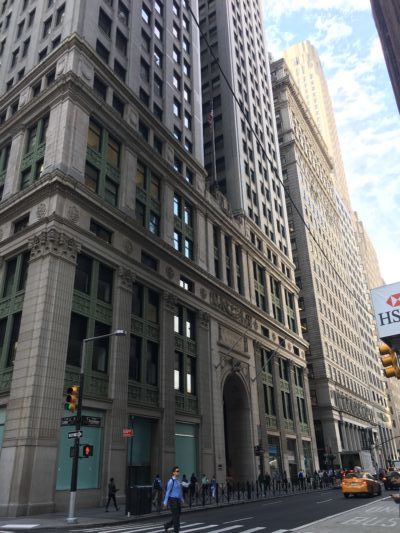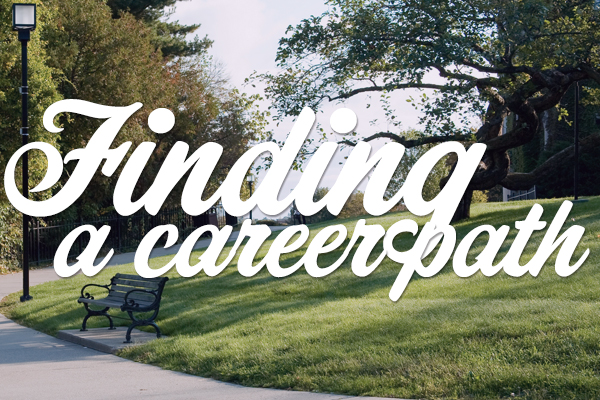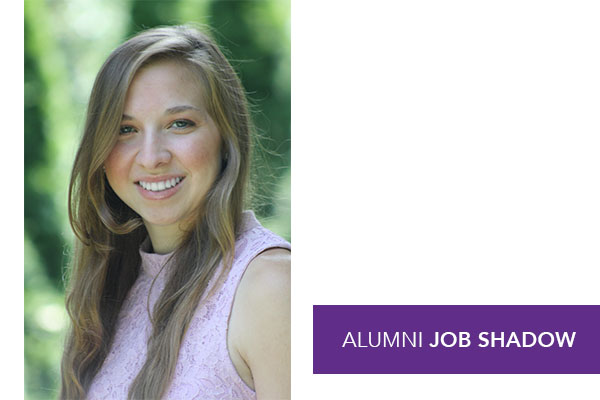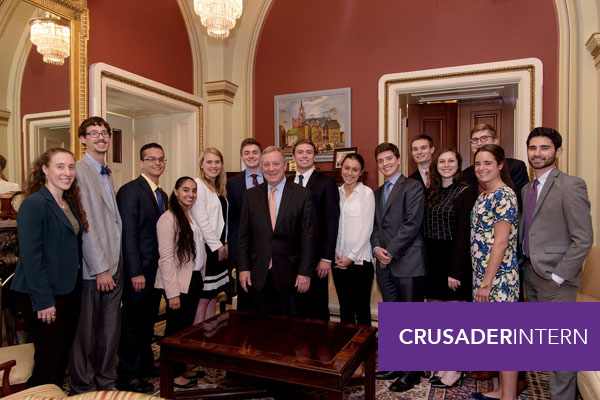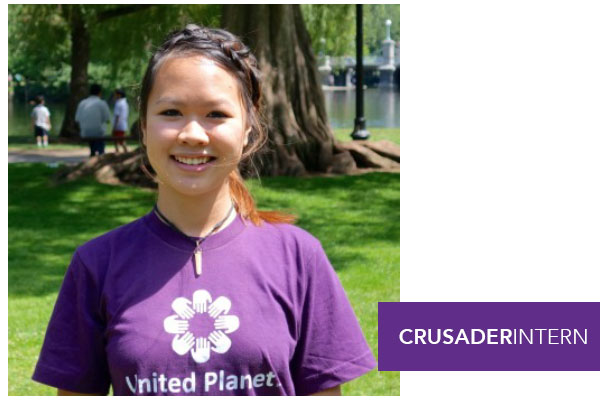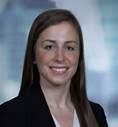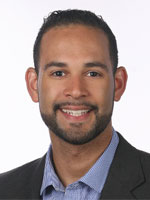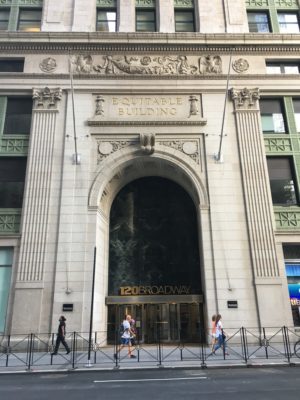
Meet Taylor Moss’18 Summer Clerk at Sullivan Papain Block McGrath & Cannavo P.C.
Tell us about where you are interning and the kind of work you are doing.
I am interning at a law firm in NYC. I specifically work with cases for the 9/11 Victims Compensation Fund (VCF), which is a government program that provides financial aid to those with illnesses and injuries from being around the World Trade Center after 9/11. This cause is close to my heart, as my dad was a first responder on 9/11. I admire his firehouse so much that I wear the number 74 when I play softball here at Holy Cross after his company, Engine 74. My role in the office mainly consists of calling and interviewing witnesses to prove our clients’ presence at the WTC site. Then, I write the affidavits for the witnesses to sign and give to the VCF. I love being able to have hands-on work that I can directly see the impact of. One of the most surprising aspects is that the injuries and illnesses are still happening every day, the effects of 9/11 didn’t just end on that day for those who were in the area, even if they were there months after the toxins still lingered. Working for something that I feel is so important and that I have a personal connection to has been really fulfilling.
Give us an example of how you have applied your academic learnings to your internship?
As an English major, I have done a lot of writing, which has definitely come in handy while writing the affidavits. My Creative Writing concentration taught me how to write towards a target audience. I’m really grateful that I know how to write clearly, succinctly and objectively because I’ve practiced it. There is also a lot of reading at the firm, whether it is going through cases or medical histories or reading the policies of the VCF in general. English has really prepared me to read analytically and quickly. I can now summarize large texts efficiently. Also, the legal jargon is nothing compared to when I read Chaucer’s Canterbury Tales for the first time.
What has surprised you about being an intern?
I was most surprised at the responsibility I was given. Being able to write actual court documents is not something I ever pictured myself doing! It is nice to know that I am trusted to work directly with clients and witnesses.
How did this experience influence or connect to your future career plans / goals?
Last summer, I had a Trade Marketing internship at Scholastic, Inc. and as much as I loved it, I wanted to try another field before committing to marketing because I thought I wouldn’t really know if I liked it until I had something to compare it to. After this summer, I am more certain that I would like to go into marketing rather than law, but my time at the firm has taught me so much. For example, everyone has different roles that intertwine to help each client and seeing how that assembly line works has shown me just how important teamwork is in the workplace. I think my experience really helped my communication skills. We are in the age that I almost never had to talk to people on the phone, now I do it every day. It’s different than texting or being in person, but I’ve really started to learn the ins and outs of it. After each task I complete, I get more and more confident in my abilities and can feel myself growing. Most importantly, this summer I learned how important it is to work for a place or cause that means a lot to you. Working with VCF clients was always rewarding, no matter how difficult the task was. I’d like to continue to have that fulfilled feeling after each work day.
Any internship advice to pass on to other Holy Cross students?
Don’t be afraid to try something new. The point of an internship is to gain experience, and the best way to know if you like something is to try it. Even if you start working and find that the field isn’t for you, that’s okay! There’s still so much to learn that can be applied to other areas. Gaining work experience will help your overall growth, no matter what the field so don’t be afraid to go out on a limb! There’s always a learning curve, so don’t worry about not being good at something, everyone starts out at the beginning. Take time to know your coworkers, they can show you the ropes and always have the best advice because they speak from personal experience.


